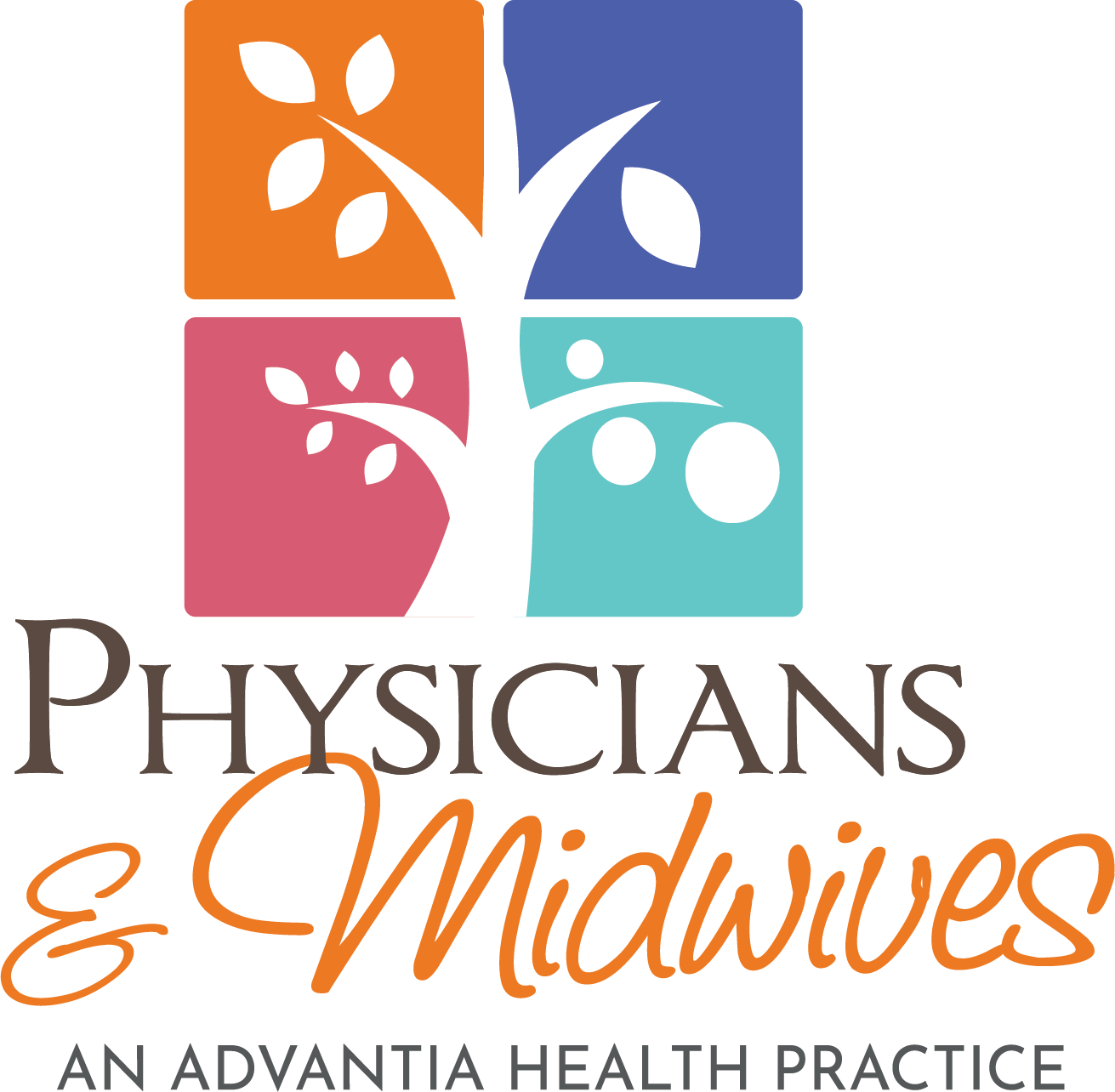
Published on: 10 September, 2015
Read Time: 4 min
Even with all of the awareness efforts and publicity, many women are still unaware of the importance of regular pap tests and why they’re a necessary part of women’s health care. To help you to better understand why pap tests are an important part of your well-woman exam, here is the low down on pap tests.
Pap Tests Can Save Your Life
A pap smear is a simple test with minimal discomfort that can save your life. Samples collected from your cervix can detect changes in your cervical cells that may develop into cancer later on. Having regular pap tests gives you the best chance at finding abnormalities and preventing cervical cancer.
You Need a Pap test Even If You Have No Family History of Cervical Cancer
Even if no one in your family has had cervical cancer, you can still be at risk. Cervical cancer is caused by certain strains of the human papillomavirus (HPV), which are spread through sexual contact, including skin-to-skin contact in the genital area. Approximately 79 million Americans have HPV; it is the most common sexually transmitted infection (STI) in the world. There are over 150 types of HPV, 13 of which can cause cancer. HPV type 16 and 18 are responsible for causing 70 percent of cervical cancers, while HPV 6 and 11 cause 90 percent of genital warts.
You Still Need One Even if You Feel Fine
Many women put off pap tests or yearly gynecological exams because they feel fine and have no symptoms. Unfortunately, this can prove catastrophic as precancerous cells and even cervical cancer don’t always cause obvious symptoms. Often times, cervical cancer doesn’t cause any symptoms until it has spread to other parts of the body, such as the uterus, ovaries, and stomach.
Pap tests are recommended every 3 years for women aged 21 to 65 and any woman who is sexually active. Women over 30 should also have an HPV test along with their pap test as certain strains of HPV greatly increase the risk of cervical cancer.
You’re At Risk Even If You Practice Safe Sex
Many remain under the misconception that using condoms protects them from all sexually transmitted infections. This is not true. While condoms can help prevent against most STIs, they do not completely protect you from HPV. This is because HPV is spread through skin-to-skin contact, which can include areas of the skin that a condom does not cover.
Pap Tests Are Nothing to Fear
From fear of embarrassment to fear of pain, many women put off pap tests simply out of fear. Don’t! Our qualified nurse practitioners and doctors perform well-woman exams every day. We offer a safe and relaxing environment and do everything possible to make the exam as comfortable as possible. You are given the opportunity during your appointment to discuss things such as contraception and sexual health, as well as your risk and any concerns you may have prior to your pelvic exam and pap smear. If you’ve never had a well-woman exam or have concerns about pap smears, call the office or book an appointment online to see one of our nurse practitioners who can address your concerns.
Other Things You Should Know
It’s important to know that a pap test does not detect STIs or other cancers. A pap test looks for abnormal cervical cells. It is a fairly common misbelief that a Pap test is a screening tool for all STIs and for ovarian cancer, and this is not true.
If you have concerns about STIs, such as chlamydia or gonorrhea, or other gynecological issues, including ovarian cancer, book an appointment with one of our nurse practitioners today. Same day appointments are available.
Physicians and Midwives, an Advantia Health Practice
Physicians and Midwives is a unique collaborative practice you won’t find anywhere else. We have 5 offices for your convenience all across Northern Virginia, including Alexandria, North Arlington, Mt. Vernon, Kingstowne, and Woodbridge. If you would like to be listened to, as well as cared for, then look no further.





